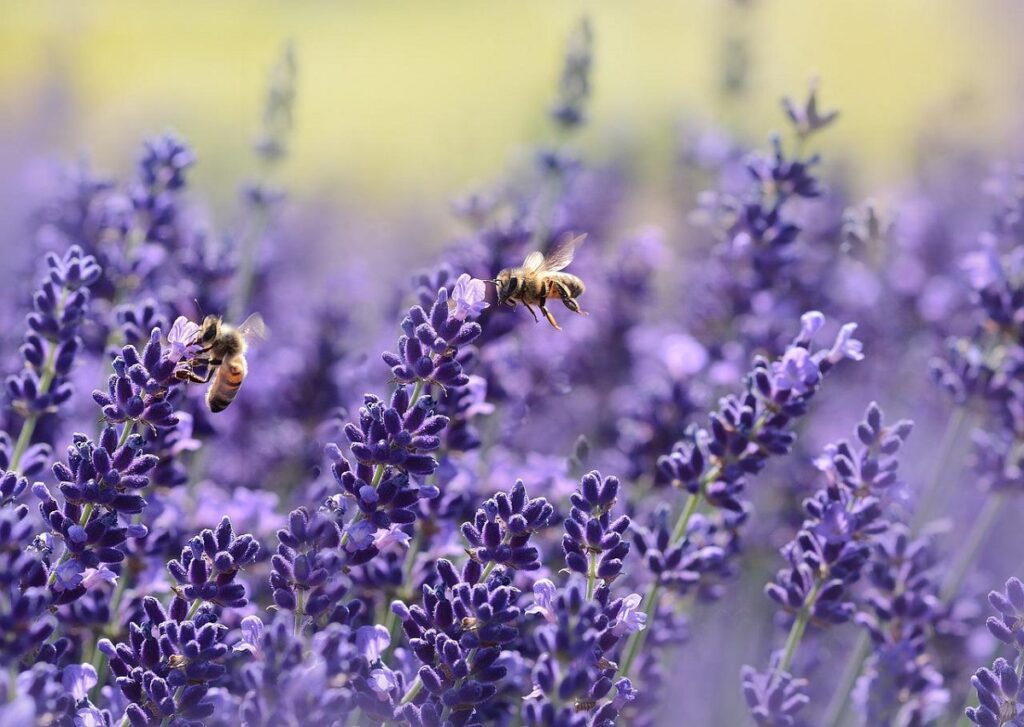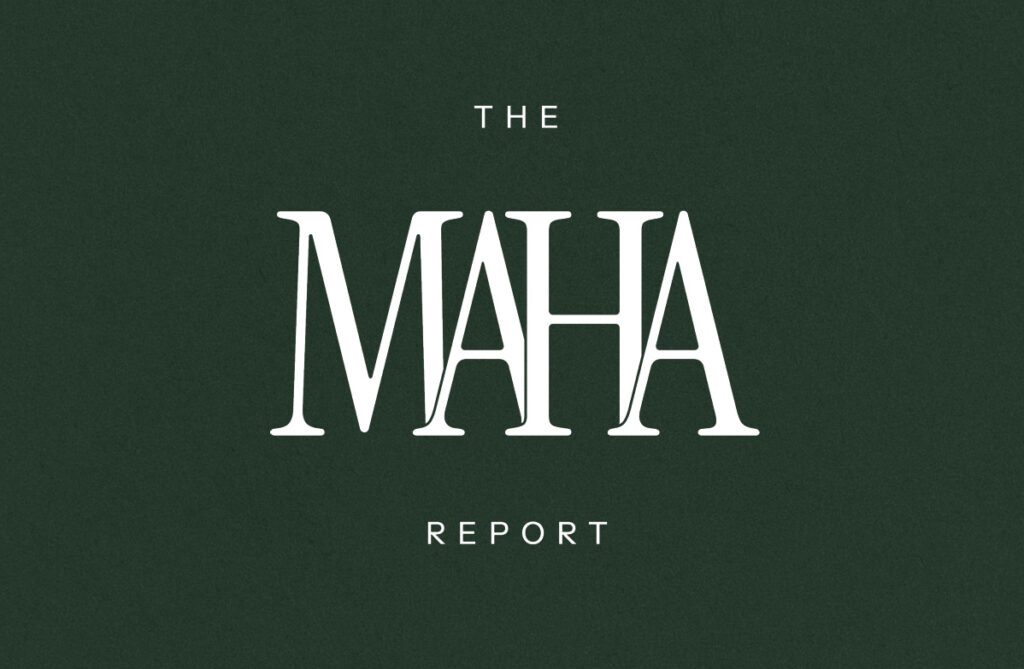Climate change is threatening pollinator populations including bees, butterflies, and bats, which are responsible for pollinating plants that are the main source of one-third of the food we eat, Good Day BIO states.
Ron Magill of the Zoo Miami told CNN that “threats to pollinators pose a huge risk to our food supply.
According to the U.S. Department of Agriculture (USDA), over 100 types of crops rely on pollinators, which “add more than $18 billion in revenue to crop production every year.”
The International Union for Conservation of Nature (IUCN) last month added the monarch butterfly to the list of endangered species. According to the IUCN, climate change has made a significant impact on this migratory species, mentioning drought, wildfires, and extreme temperatures as the main culprits.
The USDA stated that honey bees are “America’s primary commercial pollinators.”
Over 100 crops grown in the US rely on honey bees and other pollinator species such as birds, moths, butterflies, and other insects, according to the USDA.
Despite their ultimate value to American-grown crops, honey bees are also the source of a variety of products in several markets, the USDA argues.
Climate change is also making the life of bees much harder, because due to temperature changes there is incoordination that causes bees to miss the time of blooming flowers, making them unable to pollinate, according to Conservation International.
Another problem is that bees are also stressed by diseases that are thriving in high temperatures, Conservation International states.
“Beekeepers across the United States lost 45.5% of their managed honey bee colonies from April 2020 to April 2021,” an Auburn University study found.
A recent New York State study found “as much as 60% of the native insect pollinator fauna may be at risk” in the state.
Magill from the Zoo Miami concludes that in order to save what’s left humanity needs to do three things: address climate, reduce the use of pesticides, and plant more wildflowers.
How biotech can protect pollinators
Gene editing can help by reducing the need for pesticides.
Furthermore, it’s a common misconception that bees can be hurt by the gene-edited crops.
On the other hand, biotechnology can offer other solutions to the climate-related challenges that are harming our pollinators, ranging from next-generation “biologic” pesticides made from peptides, to climate solutions like low-carbon sustainable transportation fuels and enhancing carbon sequestration, according to the Biotechnology Innovation Organization (BIO) Biotech Solutions for Climate Report, published last year.
In addition, biodiversity conservation is crucial. BIO members are working on that issue through organizations like CropLife International, which encourages the biodiversity necessary for pollinators and plants.




